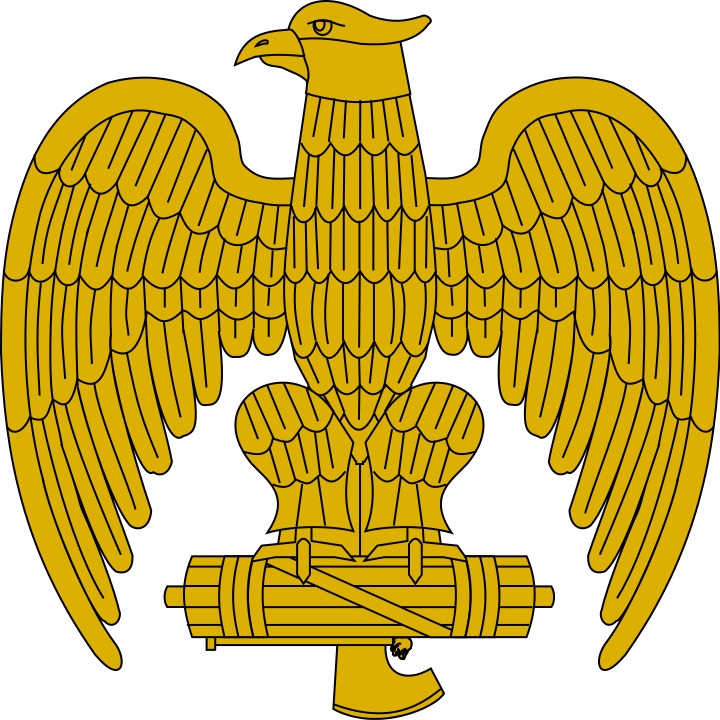comes from the latin word fascii [or fasces] meaning a bundle of sticks [arrows] banded together which is more powerful than one stick alone.....washington displays them all over in the legislative buildings.
Yeah, but the literal meaning requires context.
Fasces were a symbol of magisterial power in Ancient Rome (although the use of this predates Rome).
The Fasces, along with the Swastiki, were adopted by the Axis Powers in WW2, with The Italian Fascist Party name coming from that association.
The use of the fasces as a symbol by the Italian fascists is where the whole context comes from. The stick in and of themselves are not fascist (much as the Swastika is not), but reducing the term 'fascist' back to it's root base is completely backwards.
In terms of them being around Washington...the fasces symbol managed to survive being linked to Fascism, despite it's use by them, and continues as a symbol of it's original magisterial context. The Swastika obviously is more problematic in terms of display.
The Fascist symbology wasn't as simple and identifiable as the Nazi swastika, and for all their faults, Italian Fascists aren't generally seen as being 'as bad' as Nazis.
Here the Fascist Party symbol, with the eagle clutching a fasces...
Incidentally, the term 'Axis powers' literally refers to the axe often contained within a Roman fasces, as well as linking Rome and Berlin in a central 'Axis' in term of pivot. Mussolini was pretty good at the messaging stuff and commonly used linkages to Rome, unsurprising for an Italian demagogue.
Italian aircraft in WW2 had the symbol below, which I guess many people know. But some don't realise each of the lines is a fasces...


